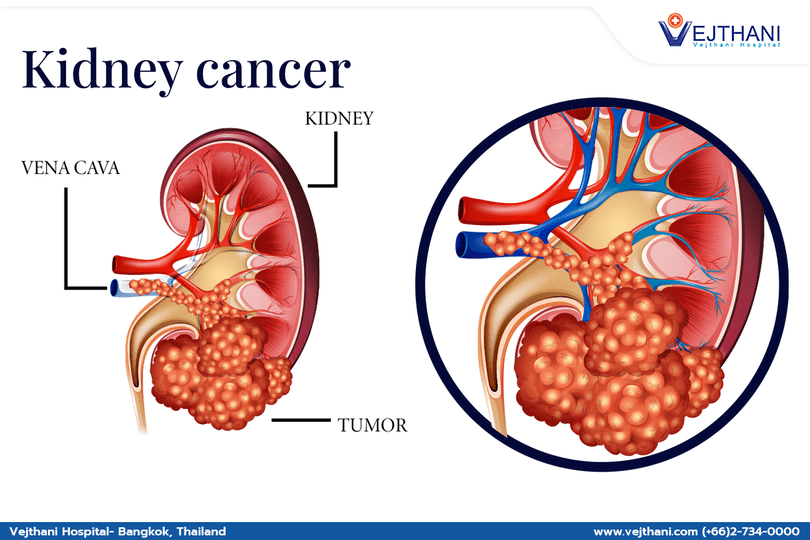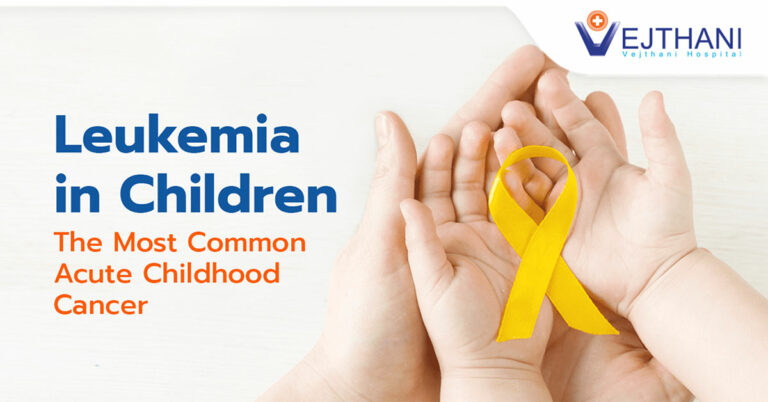August 6, 2024
Time is of the Essence: Early Treatment Increases Chance of Permanent Cure for Kidney Cancer

Although currently, there are no known causes of “kidney cancer,” certain risk factors are found to be the reasons behind the disease. These include certain genetic diseases, heavy smoking, hypertension, obesity, or working in an environment with constant chemical exposure.
Patients with kidney cancer in the initial stage tend to have no symptoms until the cancerous lump grows more extensive. That is when specific symptoms, such as bloody urine and lower back pain emerge.
Treatment of kidney cancer depends on its stage. The treatment procedures are as follows:
- Non-metastatic kidney cancer: Doctors may consider surgical treatment, depending on cancer’s size and location. The surgical method has the chance to cure cancer if the cancerous cells have not spread from the kidney.
- Metastatic kidney cancer: Doctors may consider radiation to alleviate the symptoms in combination with surgery and other treatments, such as chemotherapy and immunotherapy. Immunotherapy works by stimulating the body’s immune system to eliminate cancer cells more effectively. Targeted therapy could also be used for treatment. Targeted therapy is divided into two groups. One group uses drugs that inhibit the formation of blood vessels that supply cancer cells. The other uses medicines that inhibit the mechanism inside cells that lead to cancer growth.
Today, the prevention of kidney cancer is still unknown. However, avoiding the risk factors can reduce the chance of developing the disease. Importantly, if abnormal symptoms arise, see a doctor immediately to be properly diagnosed and undergo early treatment. A study shows that when a first-stage kidney cancer patient receives prompt treatment, the survival rate will be up to 5 years in 95% of the patients.
For further information, please contact Life Cancer Center, Vejthani Hospital. Call 02-734-0000 Ext. 2720
English hotline: (+66) 8-522 38888
August 1, 2024
Breast Cancer: Symptoms, Risk Factors and Detection
July 25, 2024



Call Us
Hi! How can we help you?